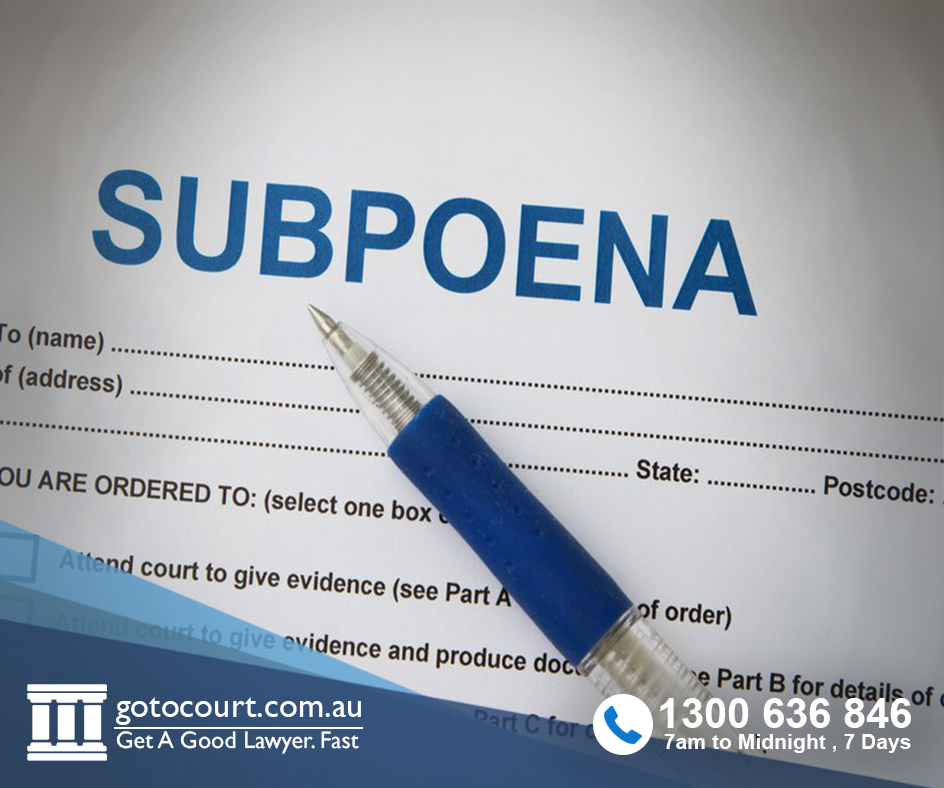The Slip Rule in Family Law Matters
The Slip Rule in Family Law Matters
‘The slip rule’ is a common phrase used by the legal profession to refer to a procedural rule in family law matters. The slip rule is derived from Rule 10.13 of the Federal Circuit and Family Court of Australia Rules 2021 which states that the court or a Registrar may vary or set aside a judgment or order after it has been entered if there is an error arising in the judgment or order from an accidental slip or omission.
Why do we have the slip rule?
The slip rule is useful as it allows a Judge to amend orders, either by consent or at the Judge’s own initiative, if they contain an accidental slip, mistake or omission. This allows the Judge to correct the mistake without the parties having to attend court again after the matter has been finalised.
The slip rule is a useful tool for practitioners and Judges as it is common for mistakes to occur throughout everyday practice. An example of where the slip rule might be useful is where the name of one of the parties is spelled incorrectly on the orders. Another example is where the parties have agreed to final parenting orders where the children live with one parent and spend weekend time with the other and it is implied throughout the orders that the place of changeover is to be the McDonalds in Maroochydore. However the changeover location is not stated in relation to the Friday changeovers. One party then amends the orders to read as per the agreement and relies on the slip rule to have the orders formally amended by the court as the change makes no difference to the mechanisms of the orders but makes the agreed arrangements clearer.
It is important to note that the slip rule cannot be used to add further orders or to make any changes that alter the substance of the agreement.
Pawley v Pawley
In the 2017 case of Pawley & Pawley, it was established that the slip rule can be applied only where the proposed amendment is one about which no real difference of opinion can exist. The case involved a mother who had relocated from the Hunter Valley region to Coffs Harbour with two children, both under the age of one. The father then filed an application in the Federal Circuit Court for orders that the mother relocate back to the Hunter Valley region with the children, and that they spend time with the father.
On the first return date, orders were made for the father to spend time with the children however no orders were made for the mother to relocate with the children back to the Hunter Valley region with the children. The father then appealed the Judge’s decision on the basis that the Judge erred in failing to order the mother to return to live in the area where the children previously resided. The appeal was dismissed as the court found that there was no error by the Judge and the interim orders were amended under the slip rule by adding a requirement that the mother live in the area of her former place of residence for part of each week.
The father then cross-appealed. On hearing his appeal, the court found was there held that ‘there is a distinction between cases where an amendment of an order is proposed to give effect to the court’s original intention, and cases where the court proposes to correct an order by including a provision dealing with a matter that was not dealt with at the original hearing’.
In determining whether the original order reflected what the court decided, it was held that the slip rule can be applied only where the proposed amendment is one about which no real difference of opinion can exist. As the amendment to the orders did make a real difference to the effect of the orders, it was held that the father’s appeal should be allowed as the appeal Judge had erred in amending the order.
Amending final orders
It must be remembered that a party seeking to amend final orders cannot use the slip rule to do this, even if the amendment doesn’t affect the mechanisms of the orders. The only avenue for changing final orders is to file an application to set aside final orders. A party seeking to set aside final orders must have reasonable grounds to do so, as the courts are not usually minded to re-open matters that have been finalised.
Conclusion
The slip rule may be used to make changes to orders that are minor errors, such as the omission of a word or an error in spelling. To avoid the need for such changes, all parties should make sure they understand the orders in their entirety. If orders are being made by agreement, parties should carefully check every line of the draft orders and ensure they have applied their consent to every aspect of the agreement.
If you require legal advice or representation in a family law matter or in any other legal matter, please contact Go To Court Lawyers.

Affordable Lawyers
Our Go To Court Lawyers will assist you in all areas of law. We specialise in providing legal advice urgently – at the time when you need it most. If you need a lawyer right now, today, we can help you – no matter where you are in Australia.How It Works




1. You speak directly to a lawyer
When you call the Go To Court Legal Hotline, you will be connected directly to a lawyer, every time.

2. Get your legal situation assessed
We determine the best way forward in your legal matter, free of charge. If you want to go ahead and book a face-to-face appointment, we will connect you with a specialist in your local area.

3. We arrange everything as needed
If you want to go ahead and book a fact-to-face appointment, we will connect you with a specialist in your local area no matter where you are and even at very short notice.











